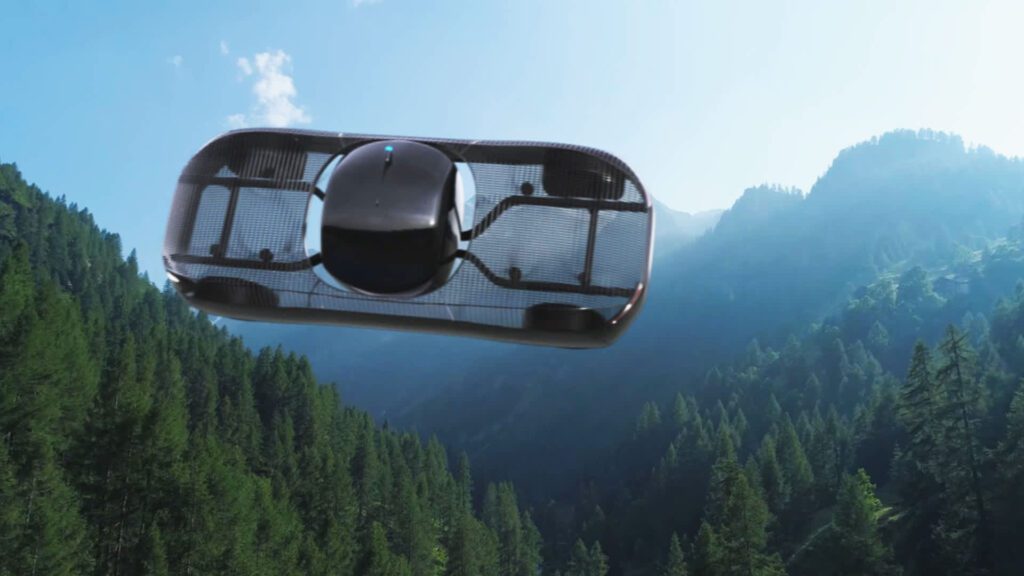Alef Aeronautics is in the early stages of developing a vehicle that it hopes will drive on and fly over roads
It is a rare exception in the competitive field of electric vertical take-off and landing (eVTOL) aircraft, which, although often called “flying cars,” are not intended for ground operation.
“eVTOLs are largely electric helicopters. We're trying to build a vehicle that can take off vertically and fly efficiently,” Jim Duchovny, co-founder and CEO of Alef Aeronautics, told CNBC Tech: The Edge in an interview.
In 2015, the Alef team met for the first time in a café, where Dukhovny wrote down the idea for his flying car on a napkin. Eight years later, they are still building
“If all goes well, if we have enough money, and if the legislation does not get worse… we plan to start producing the first one by the end of 2025.”
However, unlike its eVTOL competitors, Alef will need to obtain approval from two regulators: the Federal Aviation Administration (FAA) and the National Highway Traffic Safety Administration (NHTSA).
The company's most prominent backer is venture capitalist Tim Draper, who was an early investor in Tesla and SpaceX as well as in Theranos. It took Draper about a year to send a check, Dukhovny said.
“Tim wanted to make sure it not only made business sense, but he wanted to make sure it made engineering sense as well.”
Aleph is also taking pre-orders. For a $150 deposit, customers receive a list to purchase the Model A when it becomes commercially available. Dukhovny told CNBC that there are currently 3,000 clients on his waiting list.
However, owning one of Alef's flying vehicles would cost a hefty $300,000.
“The price came from the costs, and what it would take us to make one today. We pretty much make them here, by hand, a lot of man hours and so on,” Dukhovny said.
Watch the video above to see the rest of the CNBC Tech: The Edge interview with Alef Aeronautics' Jim Dukhovny and R&D Director Oleg Petrov.
